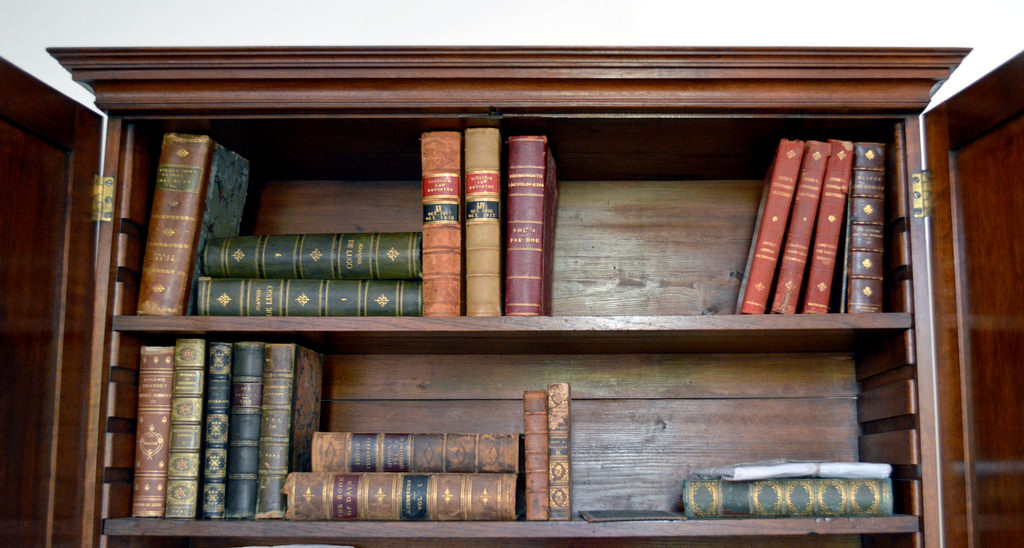“And suddenly the beating waves crashed through, drenching her with the realization, with terror, submerging her. Anguish and death –
“’I can’t bear it! I can’t bear it! I don’t want to die!’
“And the answer came – did her ears hear it, or her heart? She didn’t know.
“’This is the bread which cometh down from heaven, that a man may eat thereof, and not die.’
“He had died, so that she need never die. He had promised!
“’I am the bread of life: he that cometh to me shall never hunger; and he that believeth on me shall never thirst.’ The bread of the body, the wine of the soul. The wheat and grapes had had their roots in the earth, but they had grown up towards heaven. The white bread, the red wine; white as snow and red as fire – snow and fire, winter and summer, death and life, opposite and yet the same, part of eternity’s circle.
“But before the wheat becomes bread it must be ground, before the grapes become wine they must be crushed. They must be sacrificed, as Christ on the Cross was sacrificed.
“Winter must come, and death. But the seed lives, and rises again from the dark earth, from the grave. The only way to life is through the door of death.
“She knelt, hiding her streaming face in her arms, shaken by terrible weeping. Her legs were too weak to stand, but the Son of God, the Son of Man, came down to her from his altar, bringing her his divine gift of terror and beauty, his gift of sacrifice. And as she accepted his gift he entered into her, and she into him, he was everything …”
Would it surprise you to know that the novel containing this passage -- The Perennial Bachelor, by Anne Parrish -- was #8 on the Publishers Weekly best-seller list the year in which it was released?
Perhaps not, if I were to add that this book was published in 1925.
What’s astounding to me is that we are only 91 years removed from an America in which a novel could promote such biblical teaching and yet be wildly popular; an America in which such a novel would not be buried in the “Religion” section of your local bookstore, crowded out by books on eastern wisdom and the dangers of Christianity; an America in which “fundamentalist” described the majority of citizens, most of whom never doubted that the Bible is the inspired and inerrant word of God Himself.
What a tragedy that this America no longer seems to exist beyond a remnant of believers. What a shame that most citizens today invest their literary budgets on narcissistic novels, on blood-soaked thrillers, on pornography clothed in respectable covers, on a never-ending stream of self-help books promising to help them live longer, more prosperous, deliriously happy lives.
But I suppose Jesus warned us that this would be the case. “Enter by the narrow gate,” He is recorded as saying in Matthew 7, “for wide is the gate and broad is the way that leads to destruction, and there are many who go in by it. Because narrow is the gate and difficult is the way which leads to life, and there are few who find it.”

 RSS Feed
RSS Feed